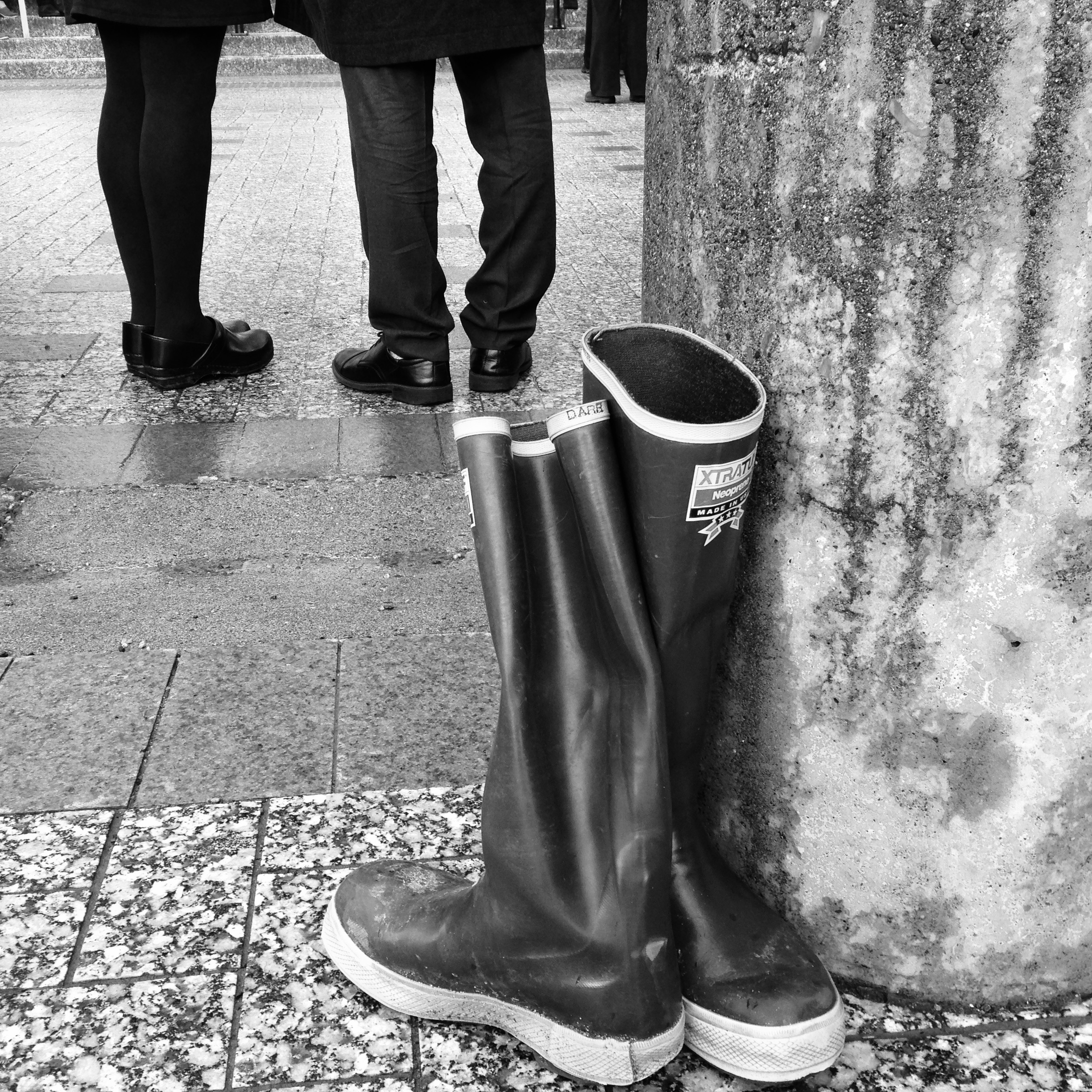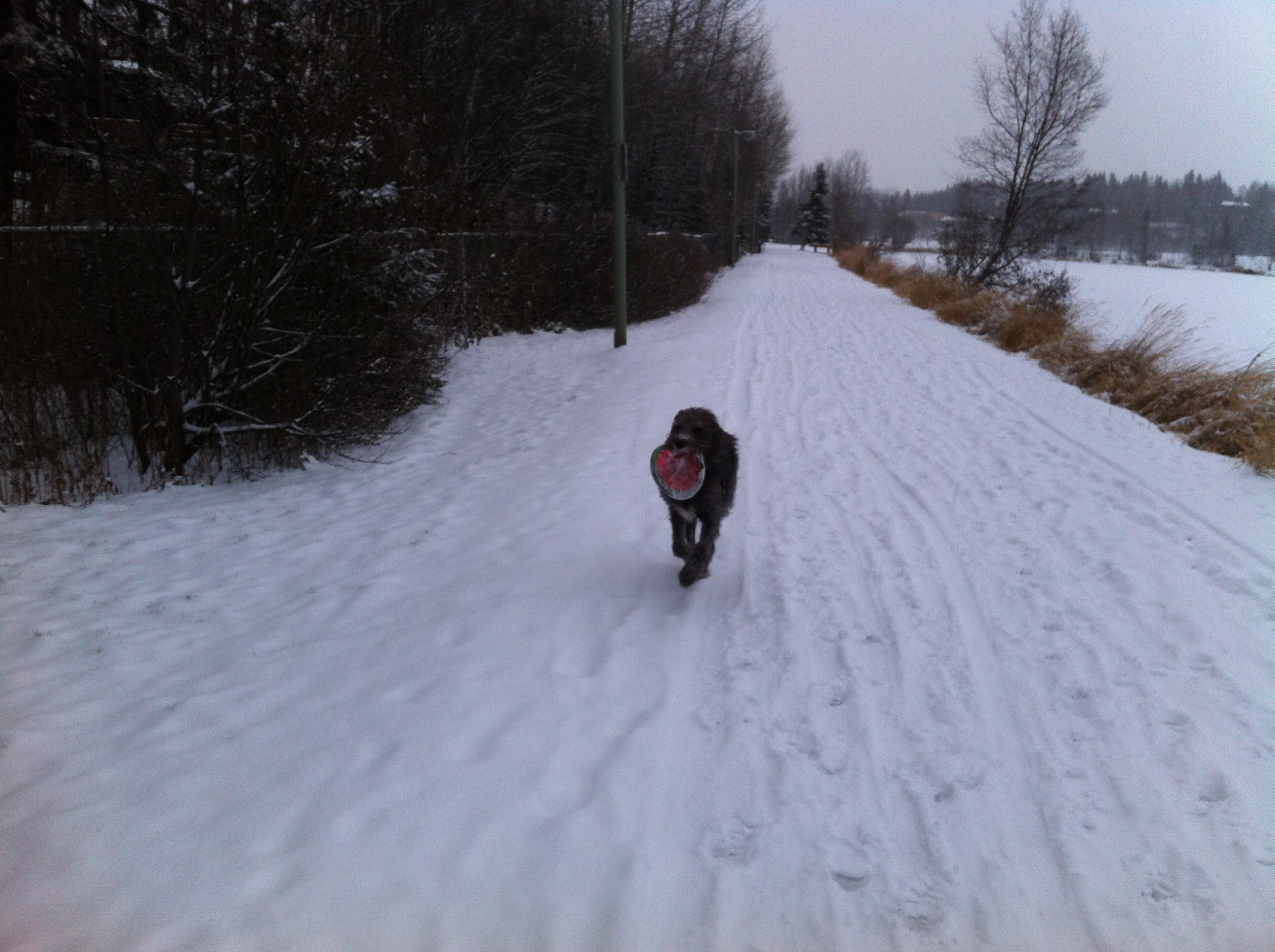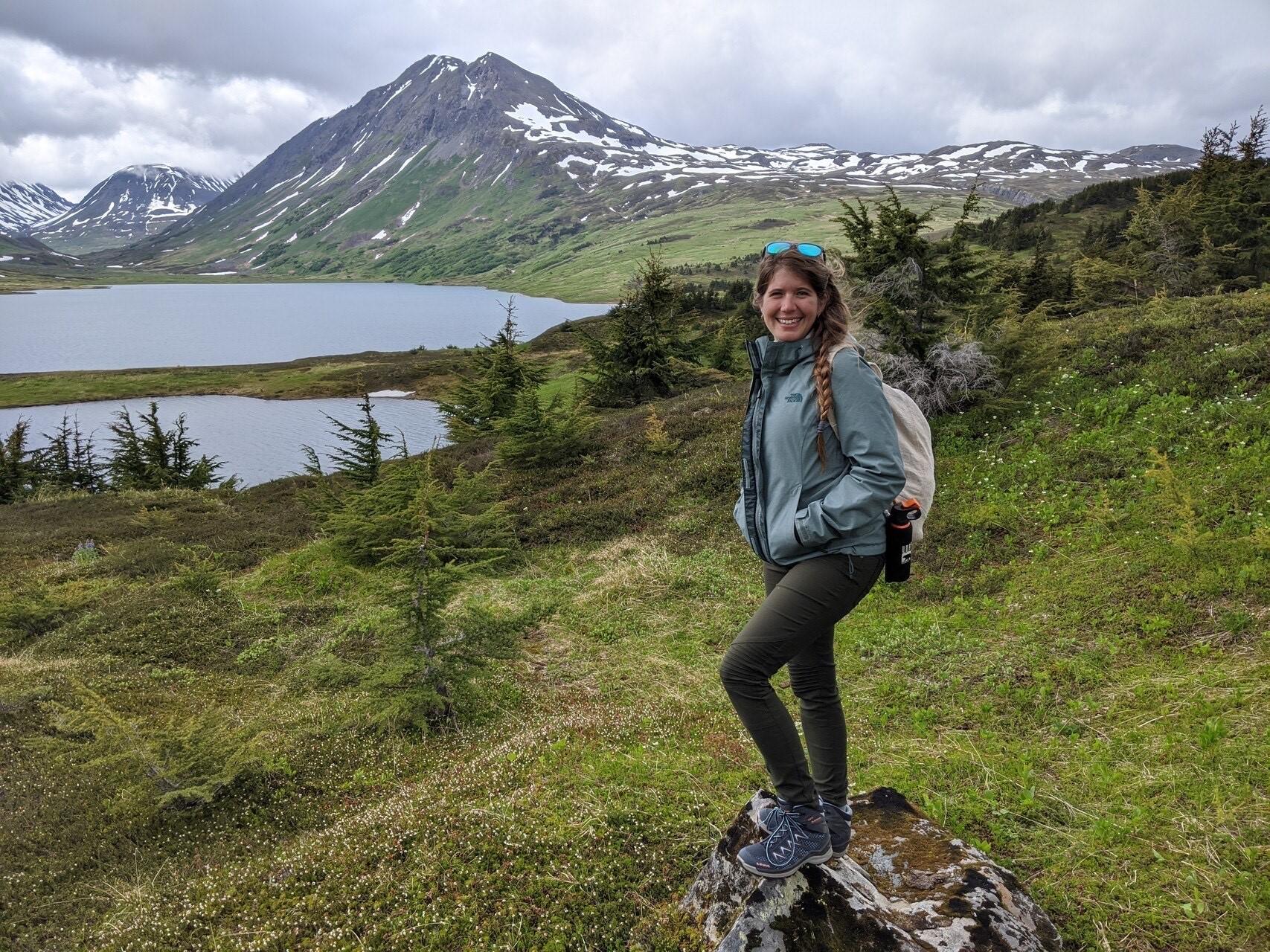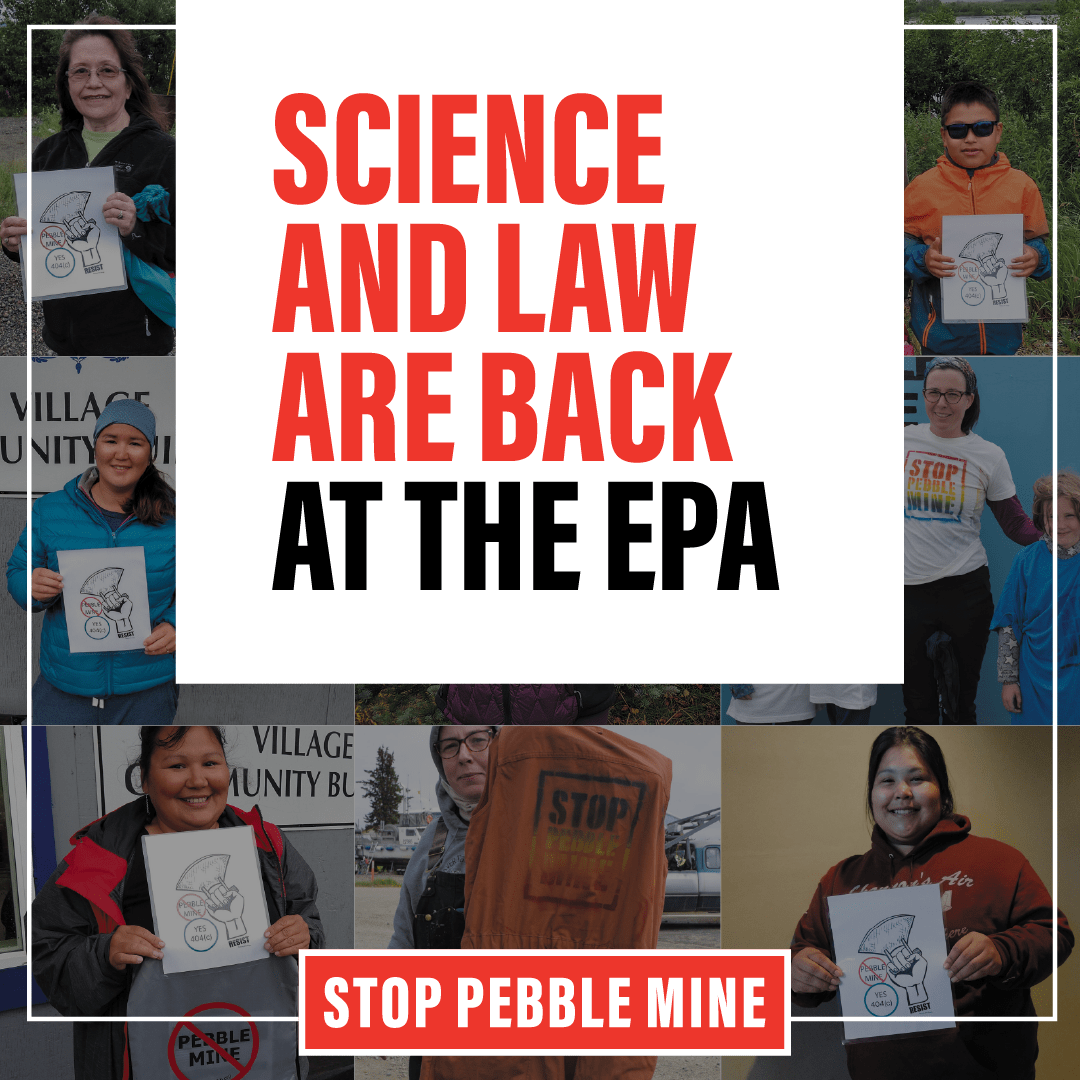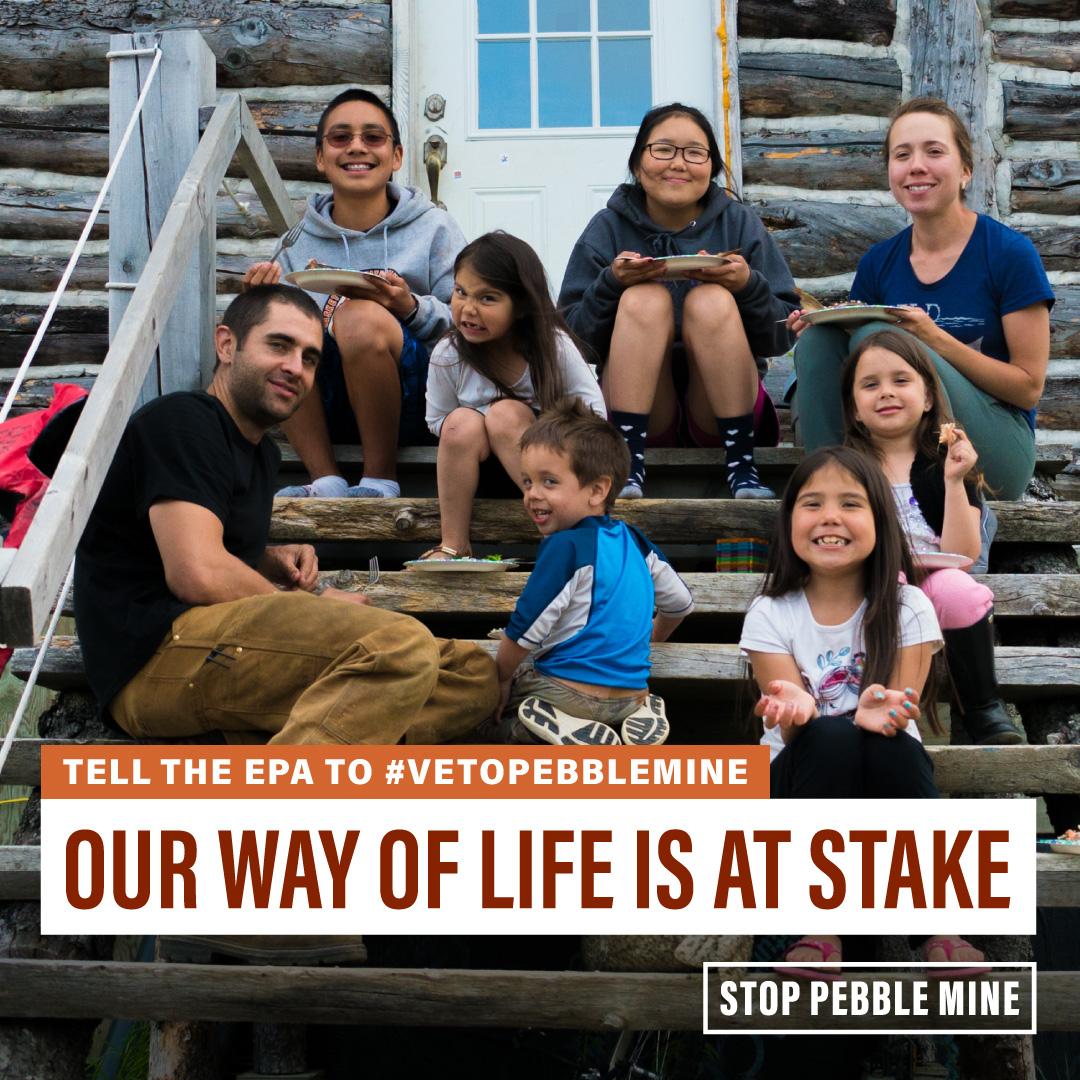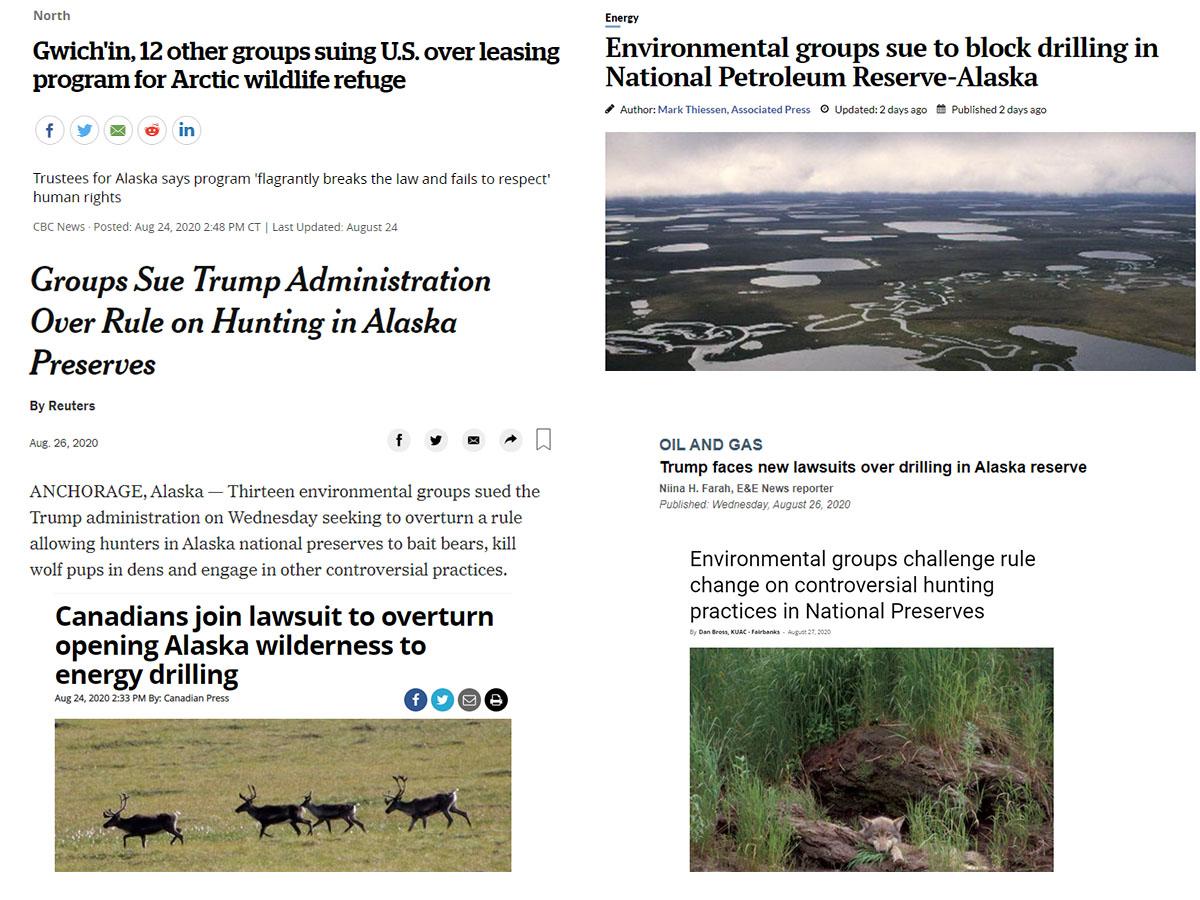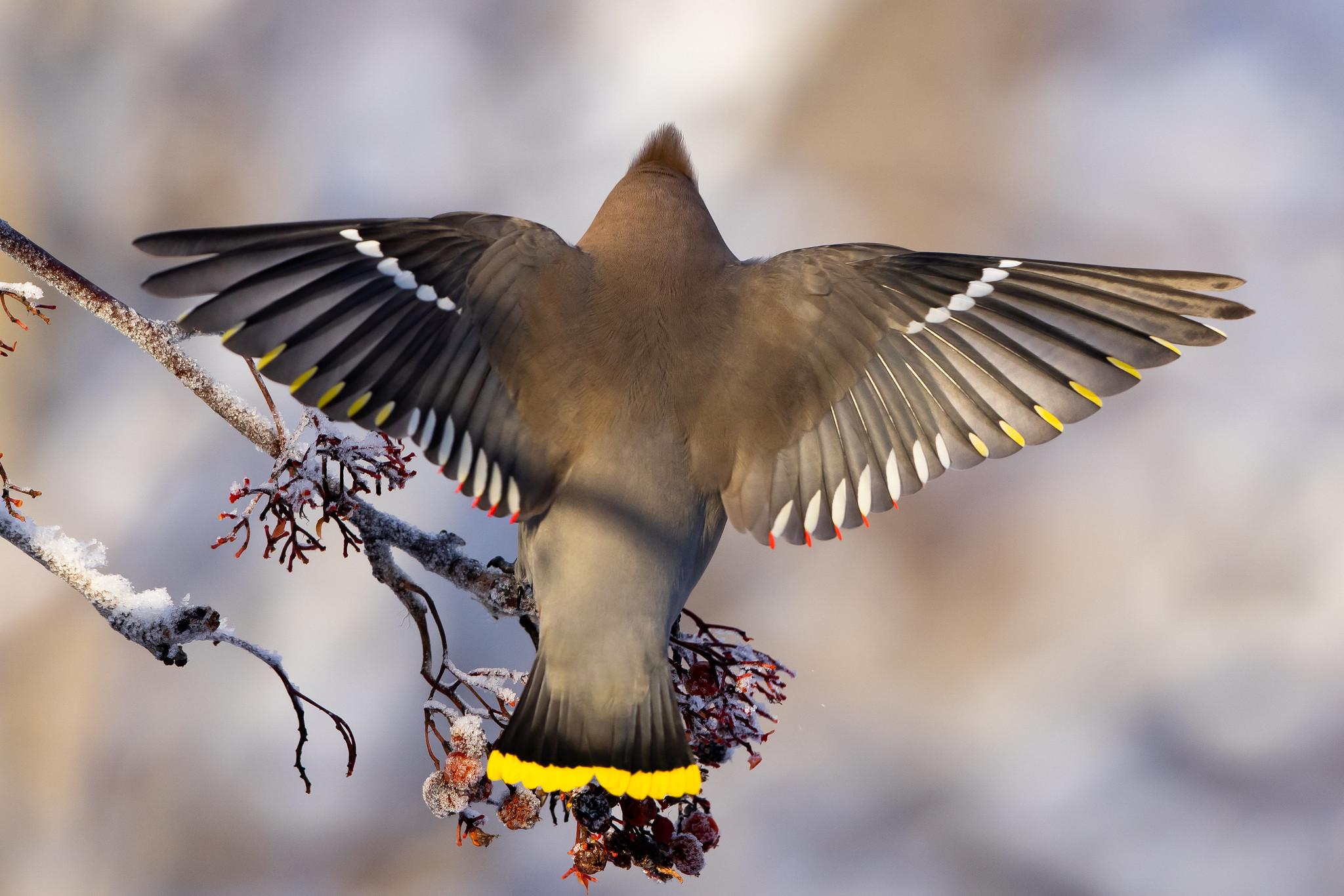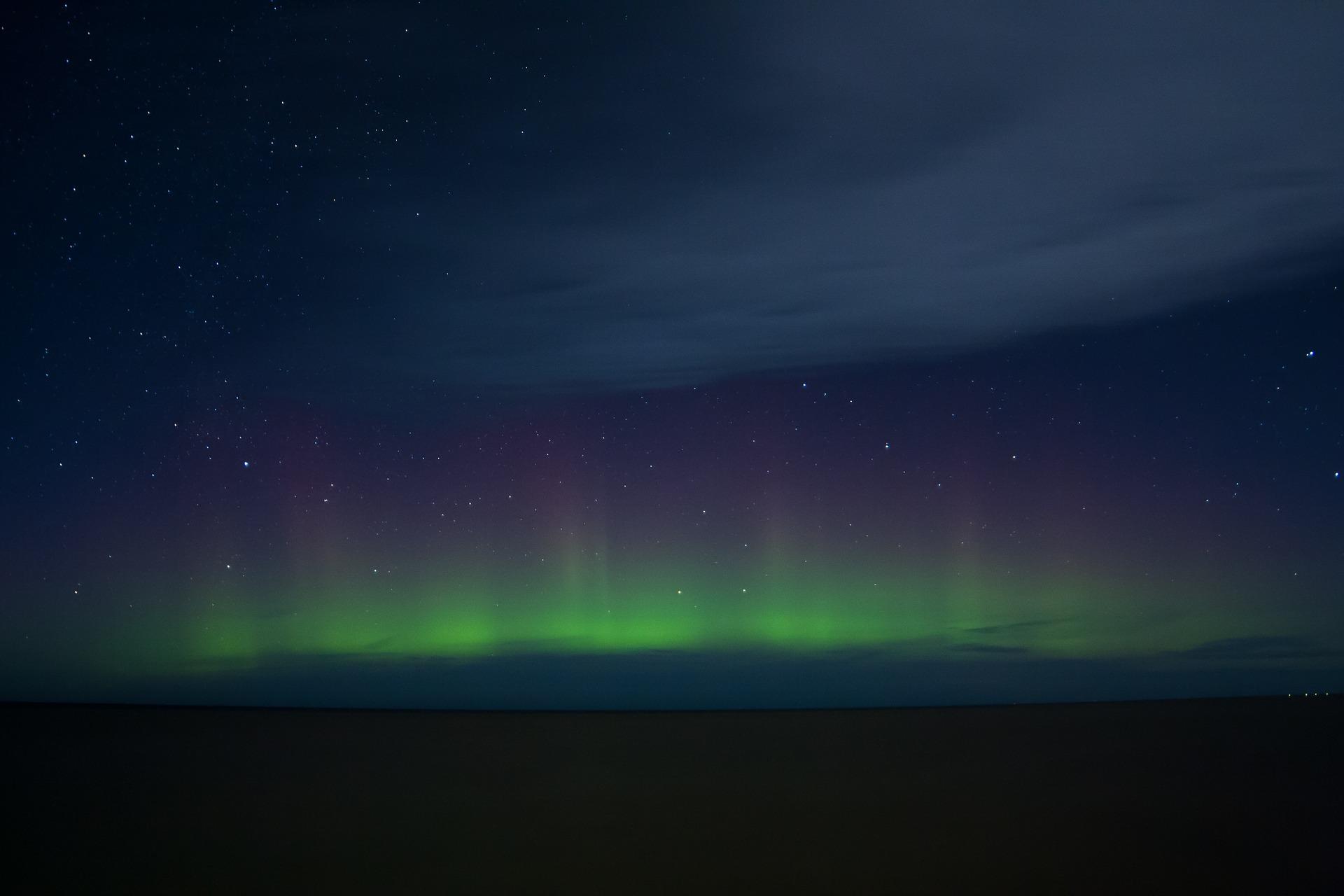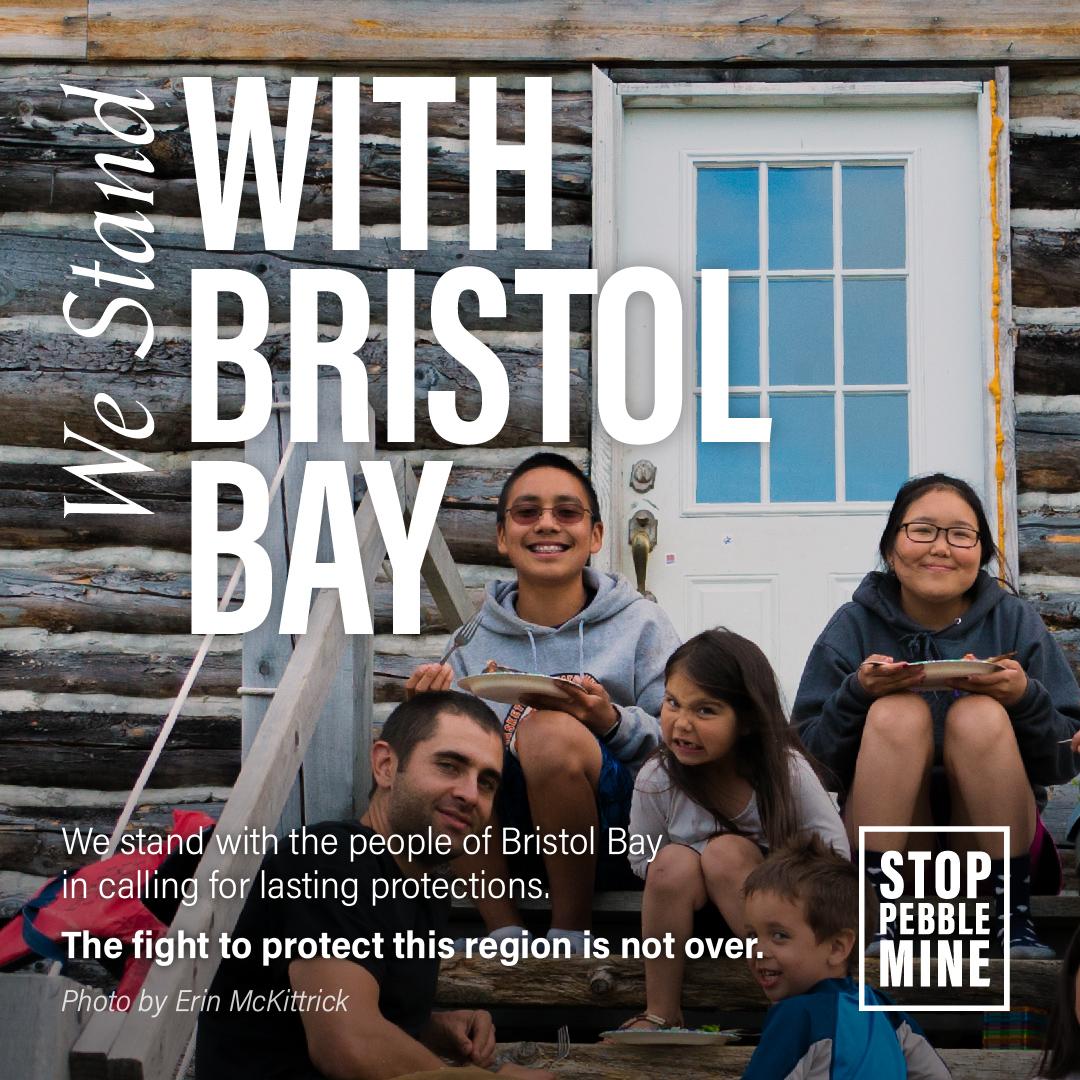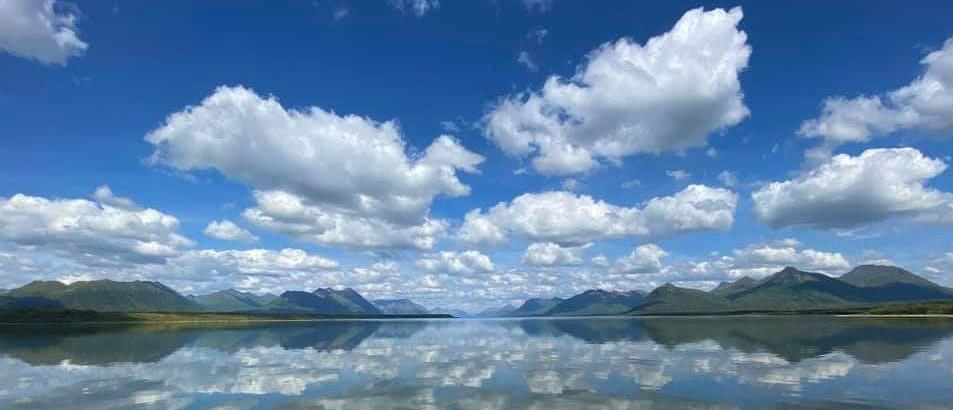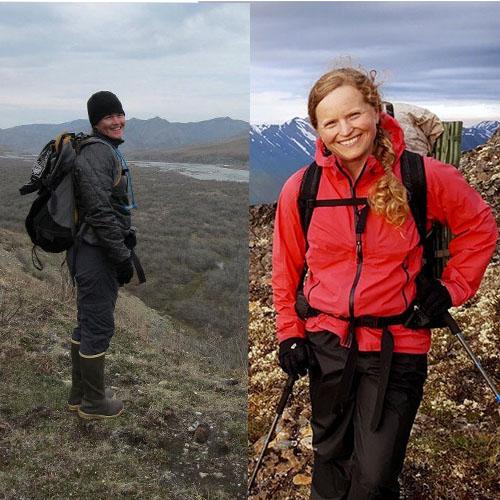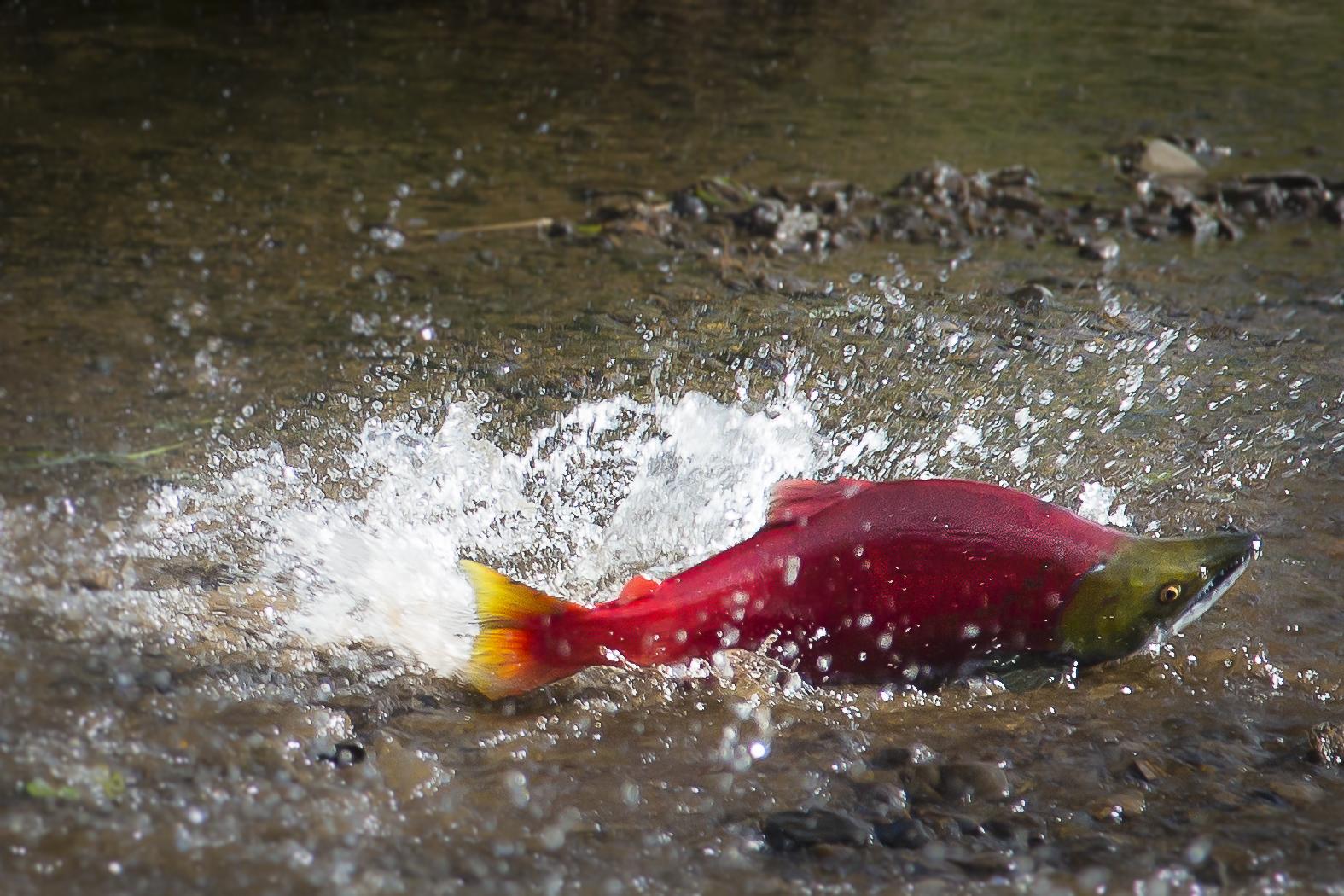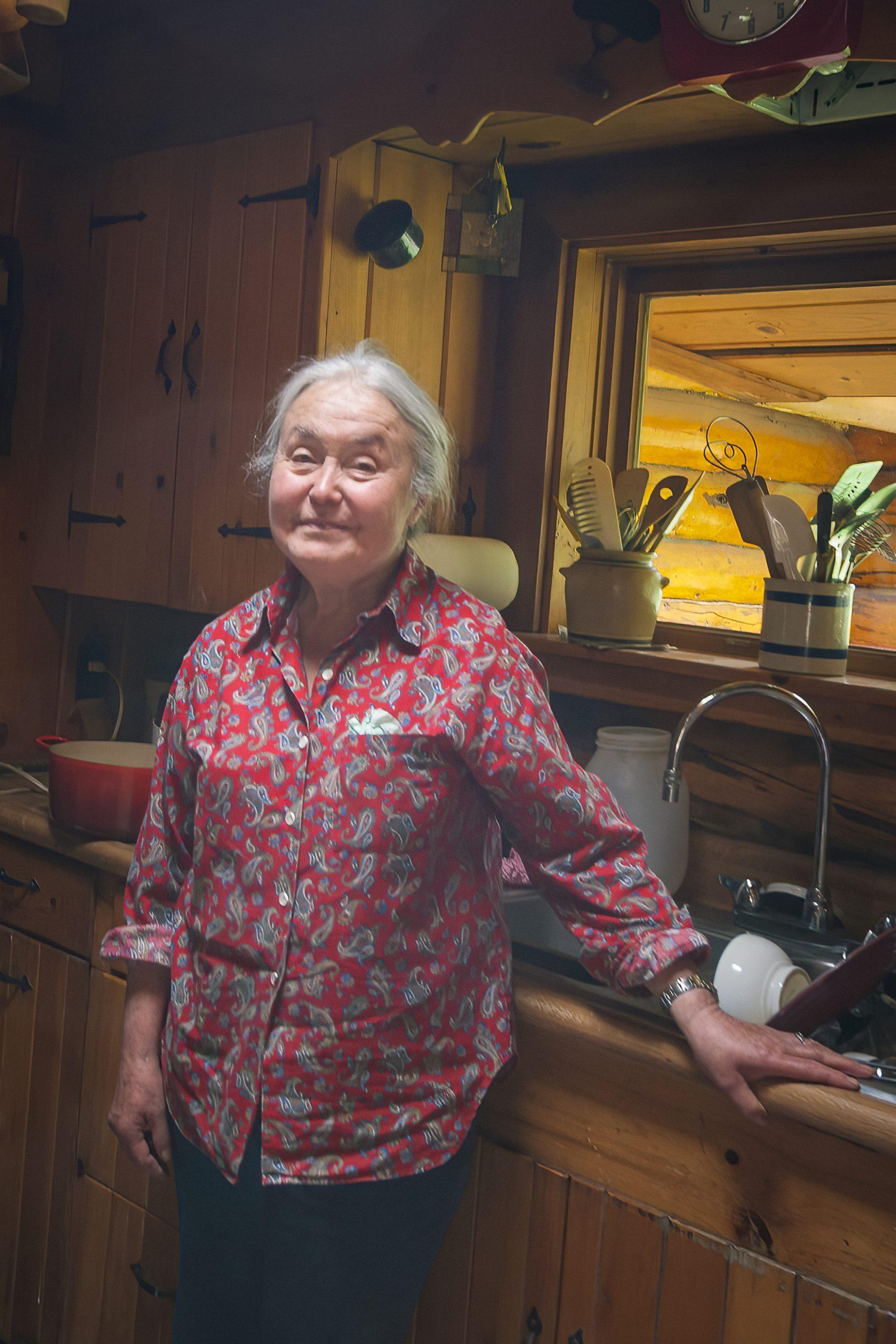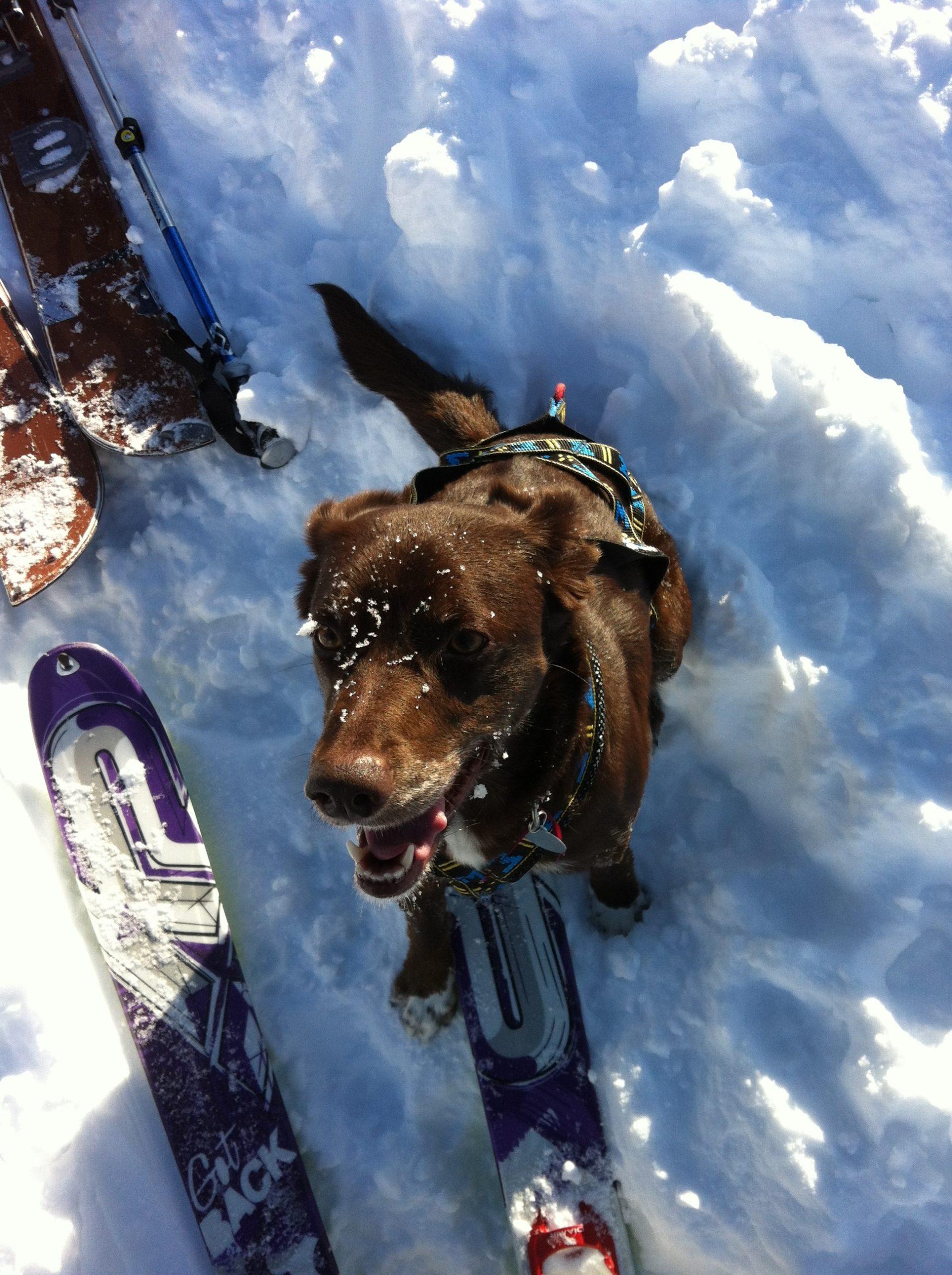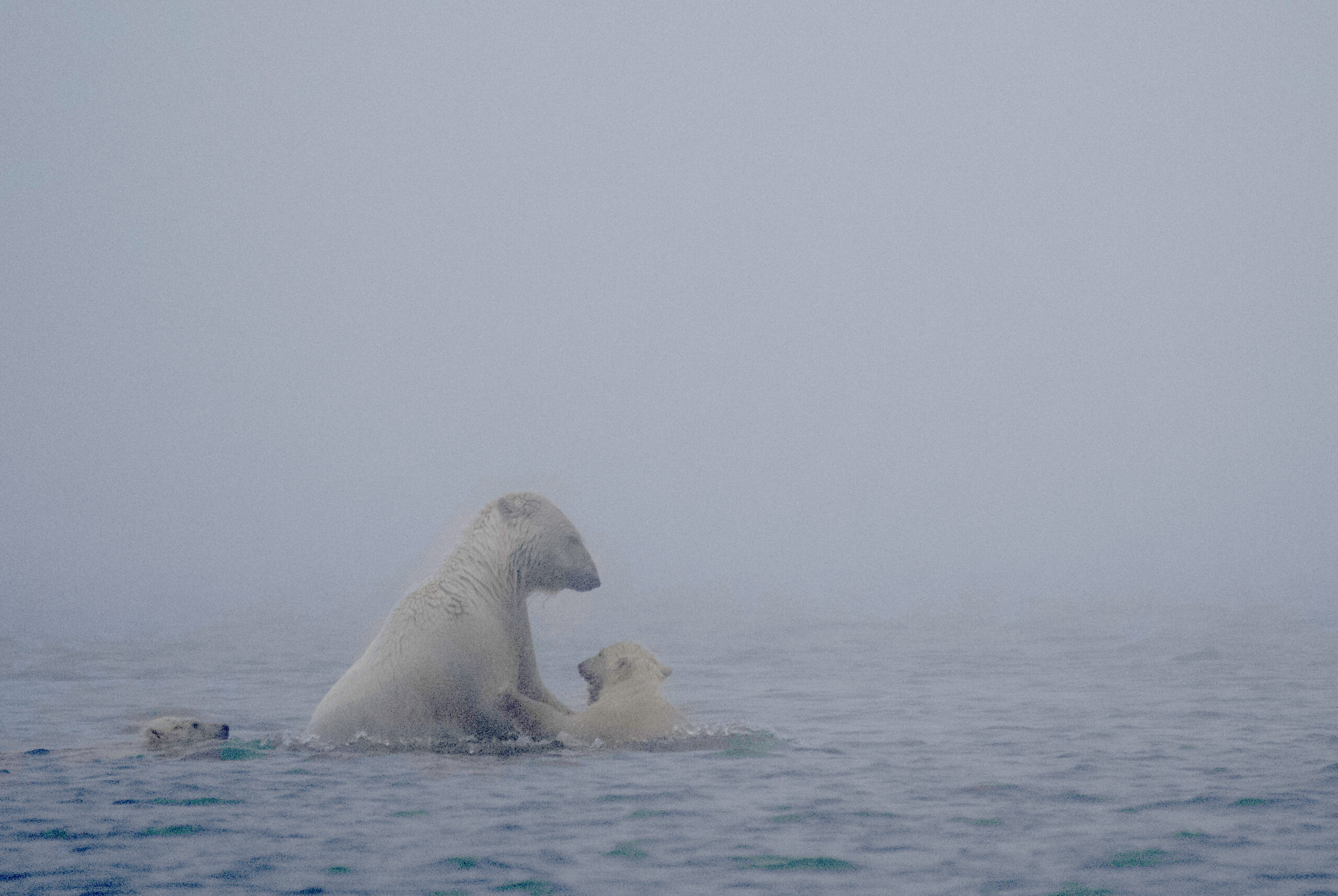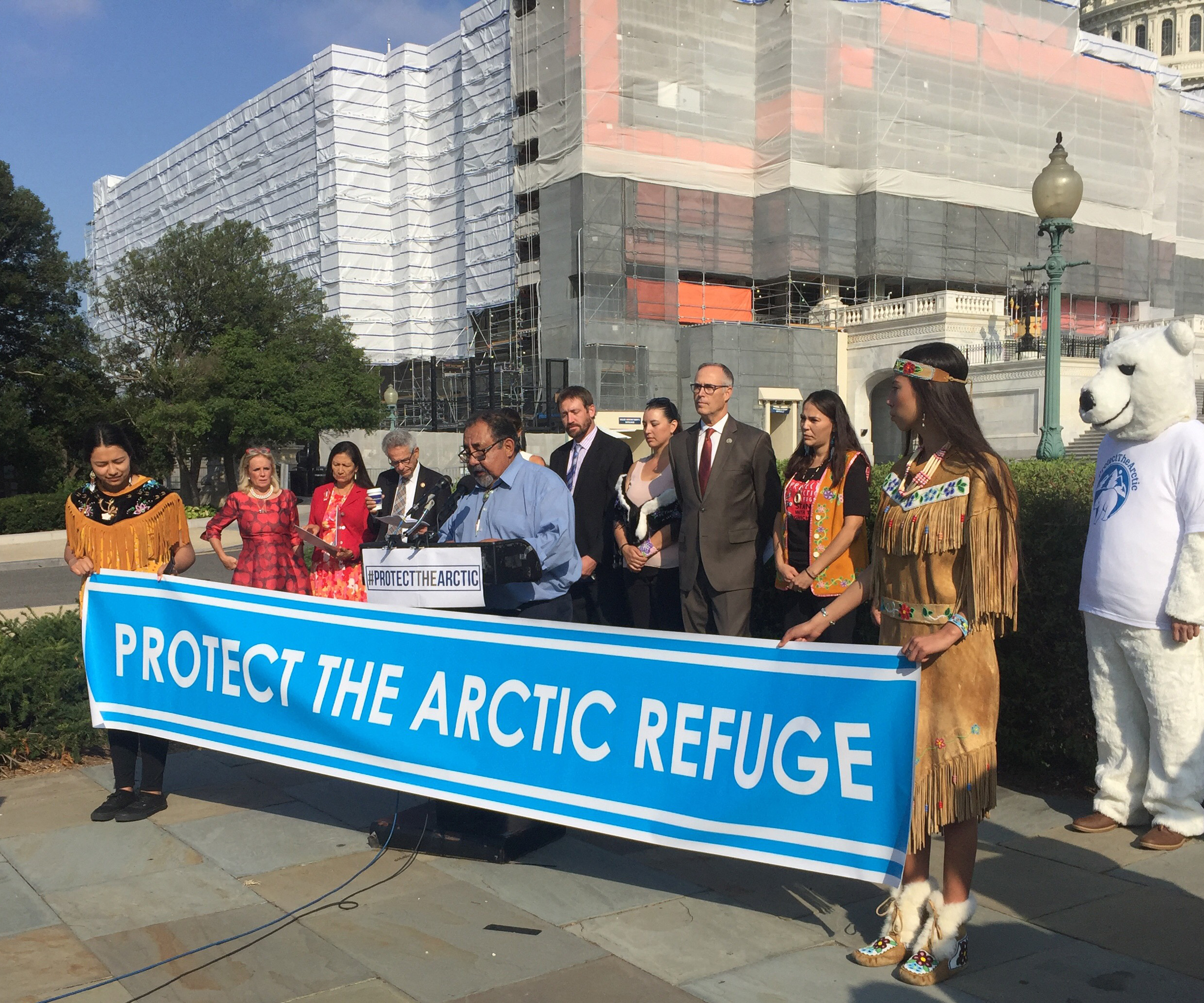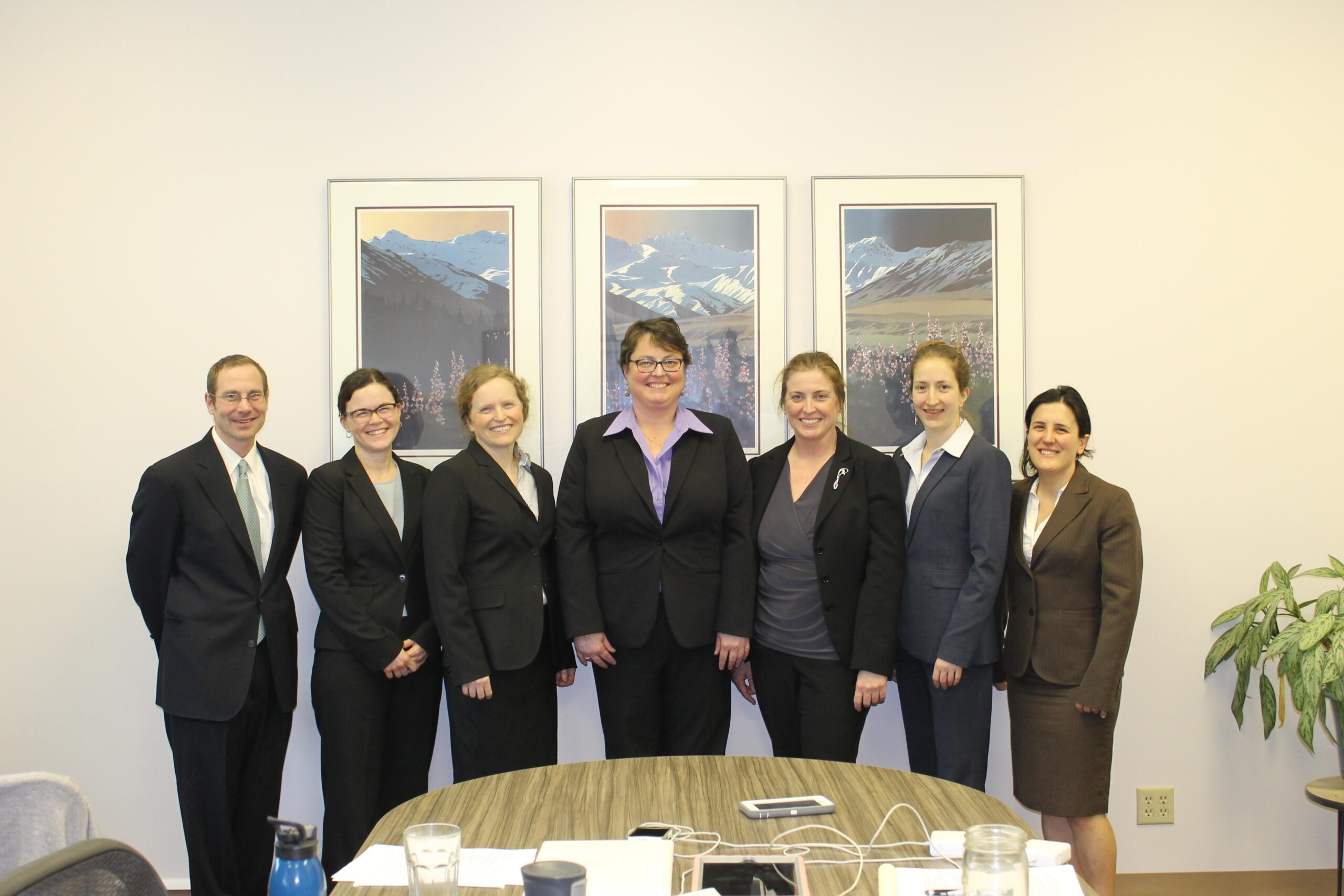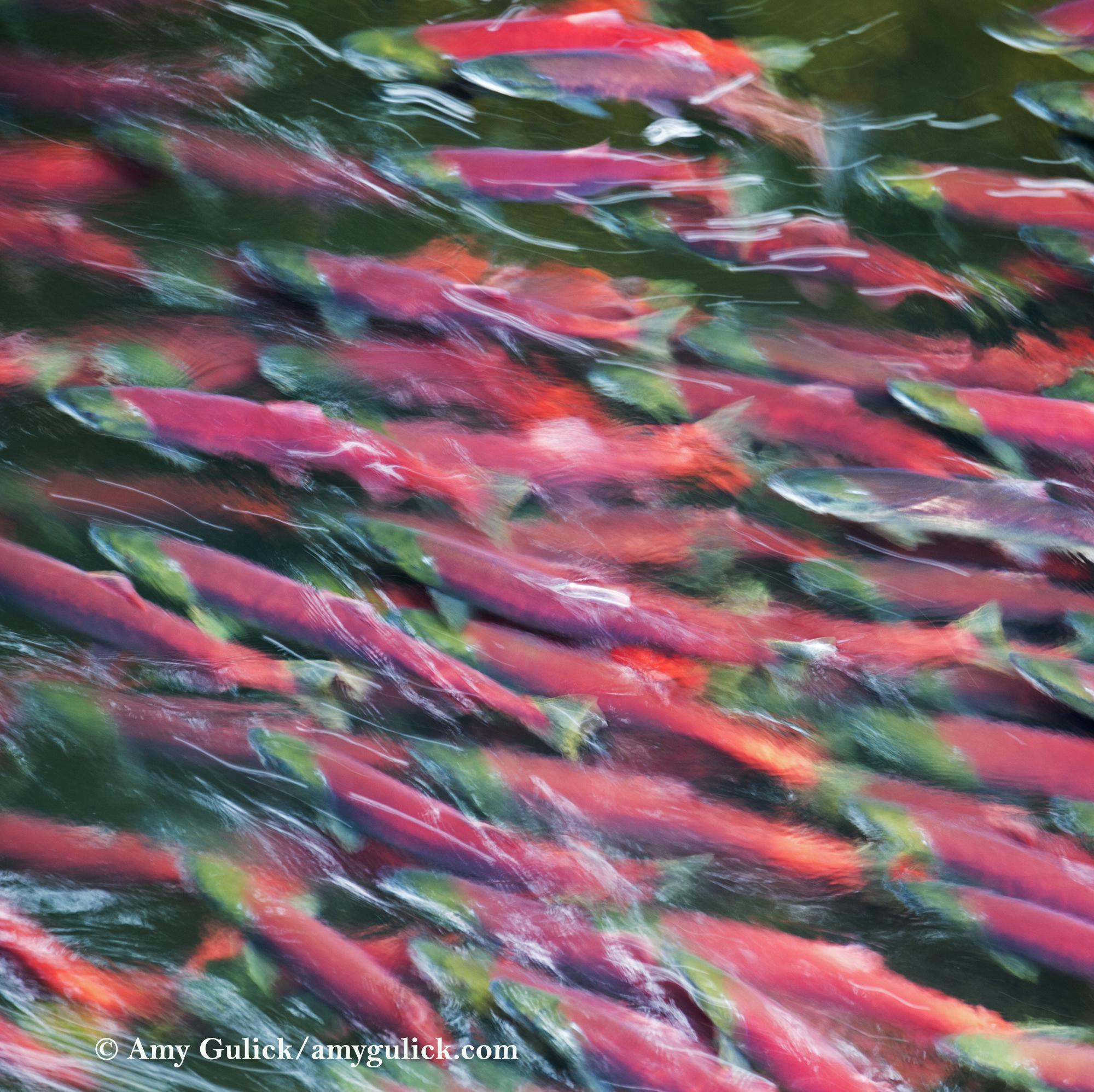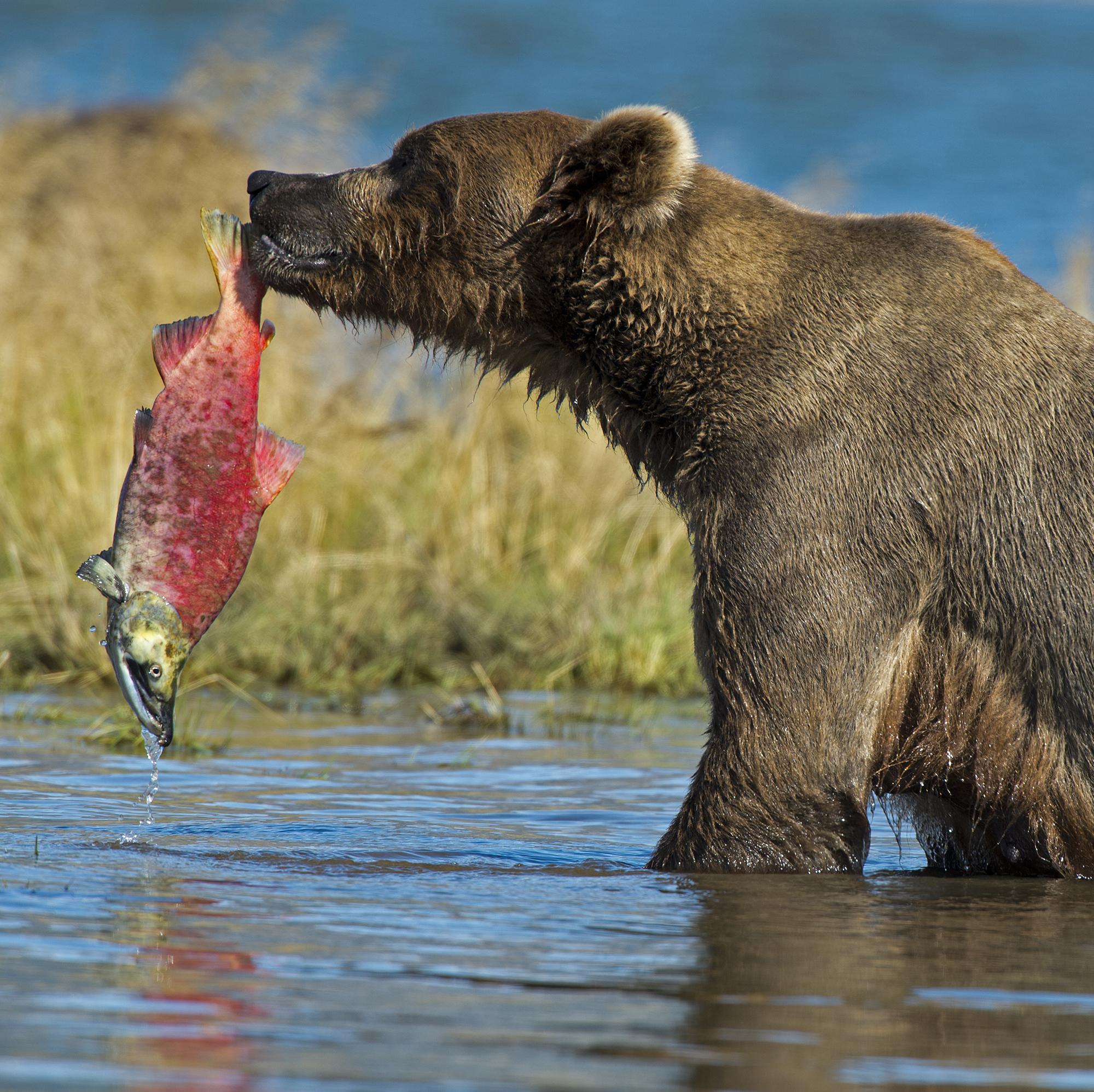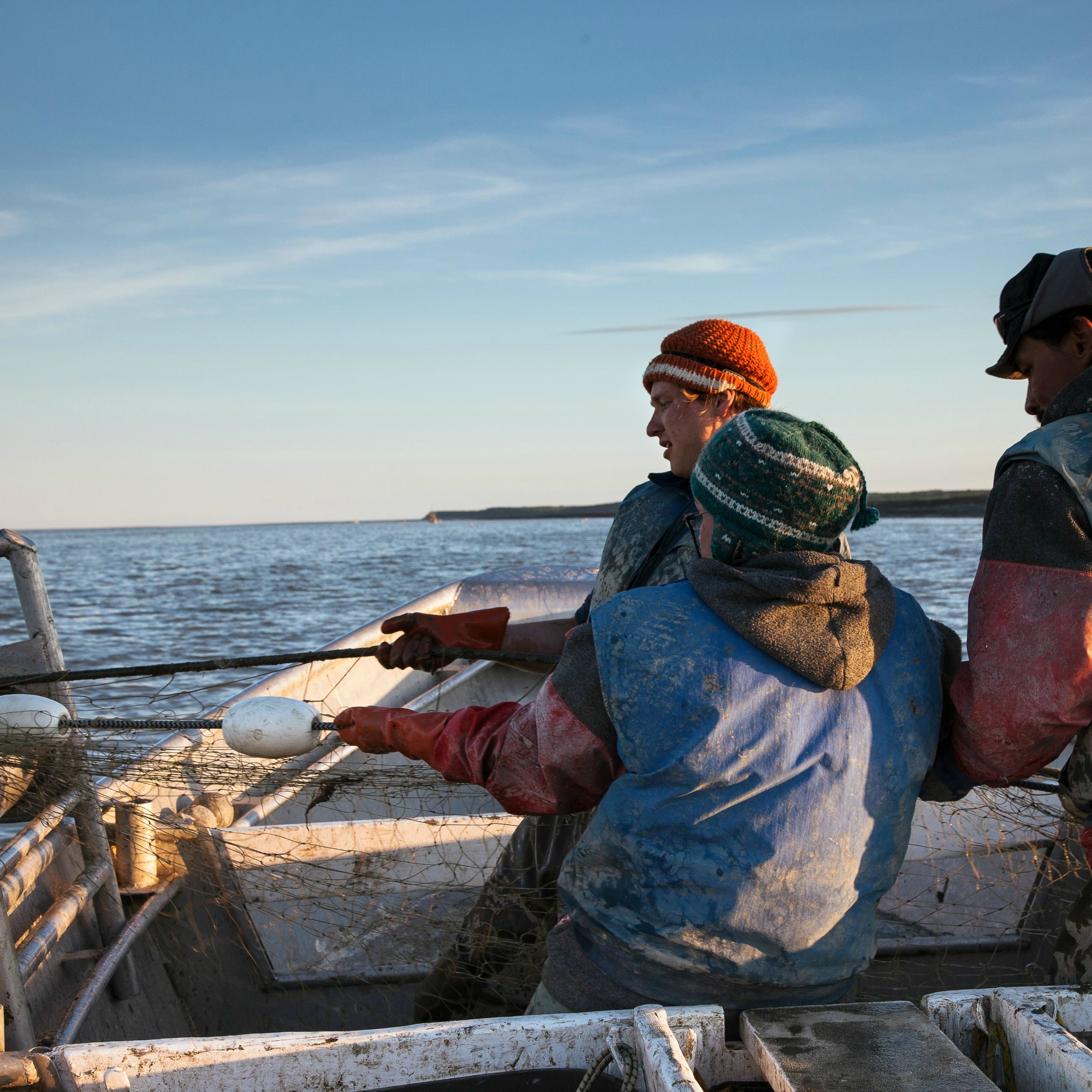You searched for PEBBLE
-1
search,search-results,paged,paged-4,search-paged-4,bridge-core-3.3.1,qode-page-transition-enabled,ajax_fade,page_not_loaded,,qode-title-hidden,qode-child-theme-ver-1.0.0,qode-theme-ver-30.8.1,qode-theme-bridge,wpb-js-composer js-comp-ver-7.9,vc_responsive
Ungrateful // grateful: Alaska News Brief November 2022
Okay, it’s true. Sometimes I want to stay in bed. It’s cold...Nurturing lawyers to protect Alaska’s and the planet’s future
We know our work goes beyond our issues and lawsuits, and includes supporting and nurturing attorneys who want to pursue work in environmental law now and into the future. Our post-graduate fellowship program allows recent law school graduates or established attorneys to get experience and mentorship in all facets of our work. Here, we share a Q&A with Rachel Briggs, who joined us as a fellow in 2019 and later became a Trustees attorney.Salmon ahead, salmon behind: Alaska News Brief September 2021
The salmon season is behind us, and ahead of us, too. That’s...EPA must protect Bristol Bay once and for all
For years, Alaskans have made it clear that trading salmon for copper and gold is a bad deal that they’re unwilling to make. And for good reason: Bristol Bay fishery is having another record-setting year, with over 65.5 million sockeye salmon returning to Bristol Bay.Our 2021 view of the lawsuits and issues
Things look far rosier now than a year ago when it comes to public lands management, clean air and water, protecting wildlife and tackling the climate crisis. The Biden administration came out of the gate with clear actions that make climate and environmental health a key component of every decision-making process across all departments. But prior federal actions and lawsuits mean the work has in many ways just begun.Alaska News Brief January 2021: When relief comes to light
Many of us feel a palpable sense of relief right now. We...December 2020 News Brief–A winter reverie with Loki
23 Dec, 2020
in America's Arctic, Bristol Bay, Clean Air and Water, News, Newsletters, Social justice, Wild Lands & Wildlife
Sharing the same space really matters. It helps us understand each other more fully, with compassion, and to better communicate the nuance when making a point, light heartedly ribbing a friend, sharing a favorite song by oversharing it, or dishing out another cinnamon roll--oh how I miss my mother's homemade holiday cinnamon rolls!
in America's Arctic, Bristol Bay, Clean Air and Water, News, Newsletters, Social justice, Wild Lands & Wildlife
What will it take to protect Bristol Bay forever?
The U.S. Army Corps denied a permit for the proposed Pebble mine...In memory and celebration of Todd Radenbaugh
Our friend and longtime Trustees board member Dr. Todd Radenbaugh died at home on October 26.As his wife Michelle said, “Todd was many things to many people. A professor, a friend, a brother, a son, a husband. But whichever he was to you we can agree his compassion, strength and kindness shined through.”
Alaska News Brief September 2020: A bedrock law in peril
The National Environmental Policy Act, affectionately called NEPA in the alphabet soup of environmental law, is the cornerstone law that requires the federal government to look at the environmental, economic, social, and health impacts of any decision that might impact the environment.It applies to federal permitting decisions like those related to logging, mining, transportation, oil and gas extraction, and infrastructure like pipelines. It also applies to consequential multi-year land management plans that can set out how federal lands may be subjected to extractive projects.
Most important, it gives local people and the public generally the chance to participate in the federal decision-making process to convey their concerns, knowledge, approval, and disapproval.
Alaska News Brief August 2020: The Long term consequences of greed
Like a lot of you, I feel a sense of chaos and overwhelm more than usual these days. The feeling can make it hard to remember everything in the last three years that has challenged our ability as human beings to make the world just and livable for everyone. But it's important to remember everything--all the pieces, and how they fit together in driving toward long-term outcomes.Ten years is forever until it flies
We’re proud and thrilled that two of our senior staff attorneys have been with us for 10-years now. Brook Brisson, who focuses on Arctic work, celebrated her 10-year anniversary in July, and Katie Strong, who works on public lands and wildlife issues, will celebrate her 10-year in September. Here, they reflect on their decade with Trustees.Alaska News Brief July 2020: Look for the light
I'm packing right now for a trip to McNeil River next week. I need a break from computer screens and nonstop news. Hanging out with bears seems like a good refuge right now. I'm grateful I can do it, and aware that not everyone can. We all have to look for the light where we can, though, and lately I've found it in the streets and in courtrooms.Intern makes way to Alaska via Zoom!
I am so grateful to the legal team at Trustees for being willing to work with me over Zoom. It’s certainly been a unique summer experience! The four-hour time difference means the occasional evening phone call—and while my team members in Alaska are happy that temperatures have just started hitting 70, I’ve been timing my daily runs to avoid afternoon highs of 90+ degrees. In these challenging times, I am so thankful for the work that the incredible team at Trustees is doing to safeguard our country's most special places. I'vWe cannot let up!
When I first saw the photo of my dad standing next to...Missing Bella Hammond
Alaska has lost a true gem. Former Alaska First Lady Bella Hammond passed away peacefully with her family on February 29, 2020. I am honored to have had her as a client in a Trustees’ case challenging Pebble’s mining exploration activities, and to call her friend.Alaska Brief–January 2020
I started at Trustees in 1994 as an intern working on Cook Inlet water quality issues, and later as a staff attorney and legal director who took the Pebble project to court in 2009. Yep, we're in court again on Pebble, and still fighting to keep pollutants out of Cook Inlet, but our partnerships and coalitions have evolved and grown. In my nearly six years as executive director, I've learned one thing--that change is coming, even when it feels like the change we need won't budge.A Trustees wish list
Trustees shares its staff wish list, and hopes that all your wish lists give you the inspiration and hope, some time outside in the moonlight or sun, and time with the people and animals you love.Alaska Brief–October 2019
When people use the phrase “for the birds,” they trivialize what they...Cold with a chance of bears
I have experienced many, many bear encounters--coastal brown bears in southwest and southeast Alaska, and black bears in central Alaska—but when I joined a trip to Barter Island with five other participants I got my first chance to see the “white bears" as the people we met in the Arctic called them.Witnessing a historic vote
One of the benefits of working at Trustees for Alaska is that my work often takes me out of my office, sometimes even to the incredible places that we work to protect. Soon after I started as an attorney at Trustees, I was fortunate to be invited on a trip to the Arctic National Wildlife Refuge. We spent 4 nights in the foothills of the Brooks Range, hiking and exploring the hills and braids of the Kongakut River. Surrounded by a landscape whose scale cannot be captured, the image that I return to often is that of a northern shrike nest, the speckled eggs nestled gently on a bed of ptarmigan feathers.Seattle fish tales
We went to Seattle this month to celebrate the connection between Alaska salmon and the Pacific Northwest. What we learned in our short Seattle stay is that many of our neighbors to the south understand the importance of protecting Alaska salmon and natural places.Seeking legal staff now!
While the Trump and Dunleavy administrations continue efforts to make Alaska a resource colony for Outside exploiters, we continue using our legal expertise to protect sacred places, public lands, clean water and air, the natural systems that nourish life, and the public processes that give people the power to hold decision-makers and decision-making processes accountable. Our workload demands more legal staff, so we are hiring now for a staff attorney and legal fellow. Does this sound like the law firm for you?Failure is the new complicity
We submitted over 400 pages in comments on the Army Corps’ draft...How does the Army Corps’ draft EIS break the law?
Trustees for Alaska and the Sierra Club Environmental Law Program just submitted...Alaska Brief–June 2019
28 Jun, 2019
in America's Arctic, Clean Air and Water, Newsletters, People & Places, Wild Lands & Wildlife
It’s hard to speak up when you don’t feel heard, and harder...
in America's Arctic, Clean Air and Water, Newsletters, People & Places, Wild Lands & Wildlife



